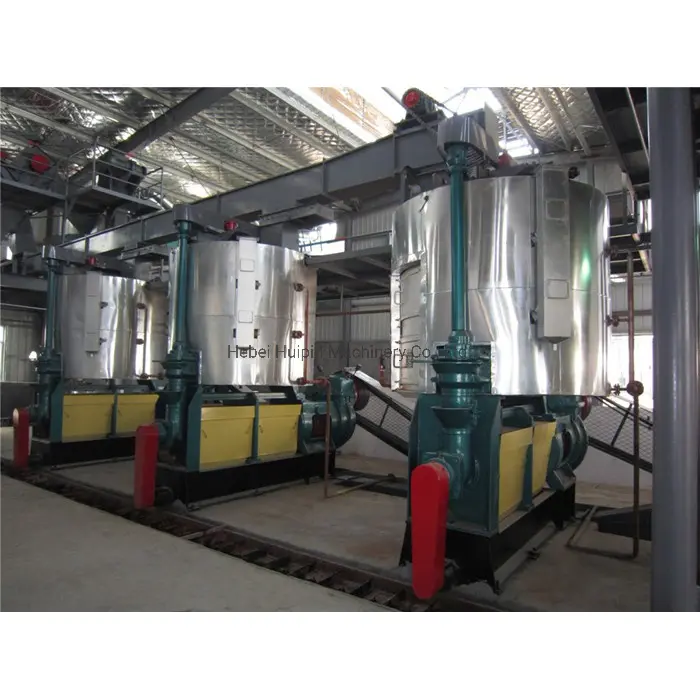des . 13, 2024 08:52 Back to list
Manufacturers of Refined Cottonseed Oil and Their Production Units
The Cottonseed Oil Refining Industry An Overview of Manufacturers and Processes
Cottonseed oil, derived from the seeds of the cotton plant, stands out as one of the most significant vegetable oils in the global market. It is used extensively in cooking, food processing, and as an ingredient in various products ranging from cosmetics to biofuels. The refining process is crucial in enhancing the quality and shelf life of cottonseed oil, making it safe and appealing for consumption. This article explores the manufacturers involved in cottonseed oil refining and the various processes used in its production.
The Importance of Refining Cottonseed Oil
Refining is an essential step in the production of cottonseed oil, as it removes impurities, off-flavors, and undesirable components. Raw cottonseed oil contains a number of substances, such as free fatty acids, phospholipids, waxes, and pigments, which need to be eliminated to meet food safety standards and enhance the oil's sensory properties. The refined oil not only has a better taste and aroma but also boasts improved stability and a longer shelf life.
Key Processes in Oil Refining
The refining of cottonseed oil typically involves several key processes
1. Degumming This initial stage removes phospholipids and other gummy materials from the oil using water or acid. Degumming is vital for making the oil suitable for subsequent processes.
2. Neutralization The oil is treated with an alkaline solution to neutralize free fatty acids, which are responsible for rancidity and undesirable flavors. This step often involves washing the oil with water to remove soap and any remaining impurities.
3. Bleaching During bleaching, the oil is treated with bleaching agents, such as clay or activated carbon, to remove colored pigments and any remaining impurities. This step enhances the oil's color and quality.
4. Deodorization The final step in the refining process involves heating the oil under vacuum conditions to remove volatile compounds that contribute to odor and flavor. This results in a neutral-tasting oil that is often preferred in food applications.
Manufacturers of Refined Cottonseed Oil
cottonseed oil refined unit manufacturers

The global demand for refined cottonseed oil has led to the emergence of numerous manufacturers, each employing various technologies and methods to produce high-quality oil. These manufacturers range from small-scale processors to large-scale industrial plants, often incorporating advanced equipment and automated systems to enhance efficiency and output.
1. Local Producers In many cotton-growing regions, local manufacturers play a key role in processing cottonseed oil from locally sourced materials. These producers often prioritize traditional methods, maintaining a focus on quality and community involvement.
2. Large-Scale Enterprises Larger companies invest in advanced refining technologies and often focus on bulk production. They may engage in both domestic supply and international export, catering to a diverse range of markets and customers.
3. Cooperative Models Some regions feature cooperative models where several small producers come together to form a larger entity focused on oil refining. This approach allows for shared resources, improved marketing strategies, and enhanced bargaining power in the market.
4. Organic and Specialty Producers With the rise of consumer awareness regarding health and sustainability, several manufacturers now offer organic refined cottonseed oil. These producers implement stringent quality controls and environmental practices to appeal to health-conscious consumers.
Challenges and Trends
Despite the growth of the cottonseed oil refining industry, manufacturers face several challenges. Fluctuating cotton prices, regulatory compliance, and competition from other vegetable oils can impact profitability. Moreover, the ongoing trend toward healthier oils is prompting manufacturers to innovate, focusing on products low in saturated fats or enriched with beneficial nutrients.
Key trends in the industry also point toward sustainability. Manufacturers are increasingly examining their production processes to minimize waste and utilize by-products effectively. For example, cottonseed meal—a by-product of oil extraction—can be used as animal feed, creating a more sustainable circular economy.
Conclusion
The cottonseed oil refining industry plays a crucial role in the global food supply chain. Manufacturers, from local producers to large enterprises, contribute to meeting consumer demands for high-quality oils. Through effective refining processes and an emphasis on sustainability, the industry is poised to adapt to changing market dynamics while continuing to provide a valuable and versatile product. As the landscape evolves, manufacturers will need to embrace innovation and sustainable practices to thrive in a competitive environment.
-
Food Oil Refined Unit Companies: Leading Manufacturers & Exporters
NewsAug.23,2025
-
Expert Oil Filter Machine Service & Solutions | Quality & Reliability
NewsAug.22,2025
-
LZY-206 Double Screw Cold Oil Press – Maximize Yield, Preserve Nutrients
NewsAug.21,2025
-
Efficient Black Seed Oil Expeller & Multi-Seed Oil Press
NewsAug.19,2025
-
HP 120 Model Cold Oil Press-Hebei Huipin Machinery|Energy Efficiency, Multi-Functionality
NewsAug.18,2025
-
HP 120 Model Cold Oil Press-Hebei Huipin Machinery|Oil Extraction, Multi-Functional
NewsAug.18,2025
